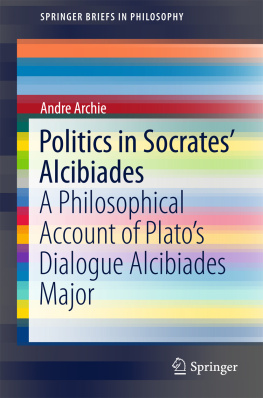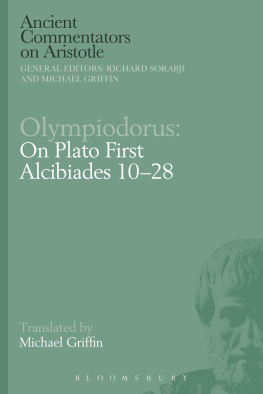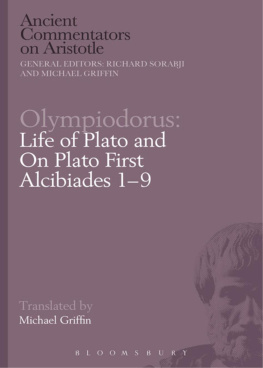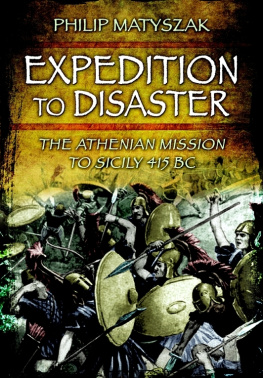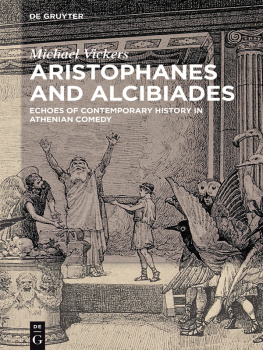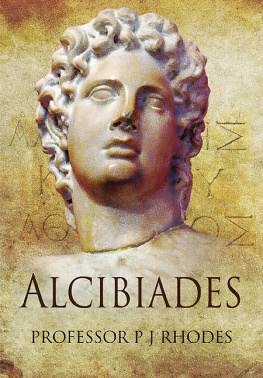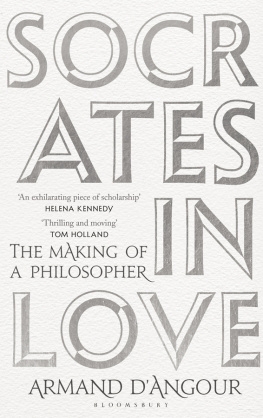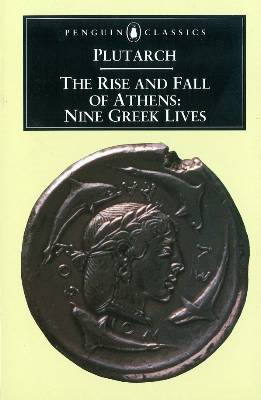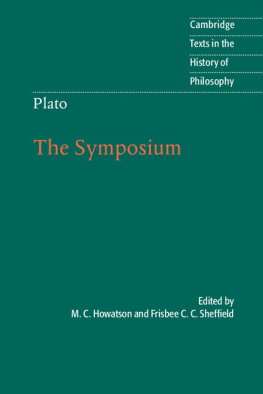1. Introduction
Politics in Socrates Alcibiades provides a political and philosophical account of Platos dialogue Alcibiades Major .
A doxastic attitude that Alcibiades holds, and one that Socrates deftly disabuses him of throughout the dialogue, is that he does not have to cultivate himself to be competitive with the local, Athenian politicians. Alcibiades says as much in response to Socrates concern that the view he has of his competitors is false.
Well, if they were educated, then anyone who wanted to compete with them would have to get some knowledge and go into training like an athlete. But as it is, since they entered politics as amateurs, theres no need for me to train and go to the trouble of learning. Im sure my natural abilities will be far superior to theirs (119b4119c).
Socrates reminds Alcibiades that his true competitors are not Athenian politicians, but rather the Spartan and Persian kings. Socrates vivid struggle to get a strong-willed Alcibiades to think clearly and humbly about his goals, accounts for some of the most compelling passages in Platos corpus. Socrates attempt to engender the right sort of beliefs in Alcibiades makes the psychological drama of Alcibiades Major second to none.
Each chapter of this book should be seen as both an exegetic reading of Alcibiades Major and as a distinctive contribution to a multidisciplinary approach to philosophizing. The book as a whole should be read as a topical commentary on the various themes explored in the dialogue. In each chapter, Socrates and his interlocutors model the workings of practical reason and belief formation and point the way to beneficial decision-making procedures on the topics under discussion. In arguing that Socrates generalizes the notion of argument, I show that the interpretation of Alcibiades Major is made richer and that such an interpretation avoids many of the methodological difficulties encountered by other types of interpretation.
My approach to the interpretation of the dialogue is guided by two assumptions:
(1) Alcibiades Major is best understood as a self - contained dialogue that is a complete and comprehensive treatment of its topic . Although other Platonic dialogues may help illuminate or confirm an interpretive claim in Alcibiades Major , my interpretive approach construes the dialogue as an answer to the question its subject matter raises. Alcibiades Major should be interpreted mainly from itself. One of the consequences of having the dialogue be interpreted from itself is that Alcibiades and Socrates introduce all the significant answers to the question at issue in the dialogueWhat is wise ruler ship? All the proposals offered in Alcibiades Major are, if construed appropriately, the answer to the dialogues what is X? question. The account of X is not a simple phrase or propositional knowledge. It might be fine if we could readily achieve such knowledge. But the subject matter of interest in the dialogue tends to be too complex to formulate into a phrase that can stand without much elaboration.
Often in the dialogues Socrates exaggerates how ready the typical craftsman or self-proclaimed knowledgeable interlocutor is to formulate a proposition or description of an art. The craftsmen may mentor the apprentice to skill in the art without ever having to say what the art is. Other commentators have addressed this point. Gonzalez () makes a similar point about self-knowledge or a skill having too much complexity; it renders such skills irreducible to a set of propositions.
In knowing a proposition about something, I can only know that certain things are true of it; therefore, any form of knowledge that does not have this character cannot have propositions as its content. But what would be some examples of this? One clear example is knowledge of a certain skill: knowing how to do something. There are many propositions that truly assert something about skiing, but knowing how to ski is not equivalent to knowing any or all of these propositions (8).
Gonzalez extends his nonpropositional reading to Platos dialectic as a whole. I do not go as far as he does in claiming that, corpus wide, the knowledge provided by Platos dialectic is nonpropositional. However, the dialectic on display in Alcibiades Major seems to focus on nonpropositional knowledge. The topics at issue in the dialogue are too complex to be reduced to a proposition or a set of propositions.
(2) Socrates method in Alcibiades Major is grounded in the Socratic belief that Alcibiades decisions must often be made in the absence of definitive reasons . Consequently, the Socratic method in the dialogue requires the use of procedures to enhance deliberation for more efficient and effective decision making. In fact, my treatment of the dialogue calls attention to an overlooked aspect of the Socratic dialogues. Namely, they are a natural source for the exploration of decision making. The Socratic dialogues anticipate many of the ideas, concepts, and procedures that, in the twentieth-century, came to be known as decision theory.
The significance of these assumptions for my argument is that they explain the procedures at work within Alcibiades Major to influence Alcibiades to desire self-perfection as opposed to choosing to pursue victory without limits. These assumptions also explain Socrates approach within the dialogue to limit Alcibiades demands on his arguments and to show why he is indispensable to the achievement of Alcibiades political goals. Although my interpretative approach would be relevant to the interpretation of other Platonic dialogues, Alcibiades Major is particularly suited to the procedures of decision making: The Interrogative Model of Knowledge Seeking (IMKS), learning structures, frames, mathematical expectation and hypothetical arguments. These are some of the more prominent decision making procedures that are employed to interpret Alcibiades Major , and are on display throughout the dialogue.
The modern concept of frames, for example, has been underappreciated by Plato scholars. In addition to the dialogues promoting philosophical discourse, they illustrate the importance of framing questions to enhance the chances of achieving a desired end. In the decision making context, frames must be broad enough to clarify the situation, encompass the situations goals, and highlight resources within the situation to limit the complexity of the subject matter under discussion. Framing effects occur in the dialogues when an interlocutors preferences are affected by variations of a relevant cue or cues in options or outcomes. Socrates willingness to speak to Alcibiades is determined by his preference for productive conversations. Socrates would have failed if he had tried to have a conversation with Alcibiades prematurely. He recognizes that Alcibiades has many of the external goods (e.g., good looks, health, wealth) that are needed to be a great Athenian leader. Socrates also recognizes that Alcibiades is presently unprepared to achieve political greatness. Alcibiades willingness to consider Socrates arguments is determined by his preference for flattery. He seems to enjoy Socrates complimentary manner towards him. The success Socrates promises Alcibiades outweighs Alcibiades impatience with tedious and difficult questions. Of course, Socrates compliments will eventually turn to criticism. Frames can be persuasive precisely because they are reference dependent. The framing effects of Alcibiades Major function to influence the deliberative process under which Alcibiades decision about the nature of his soul takes place, and to modify the perception of the value he places on his political ambition within the pursuit of the virtuous life.

